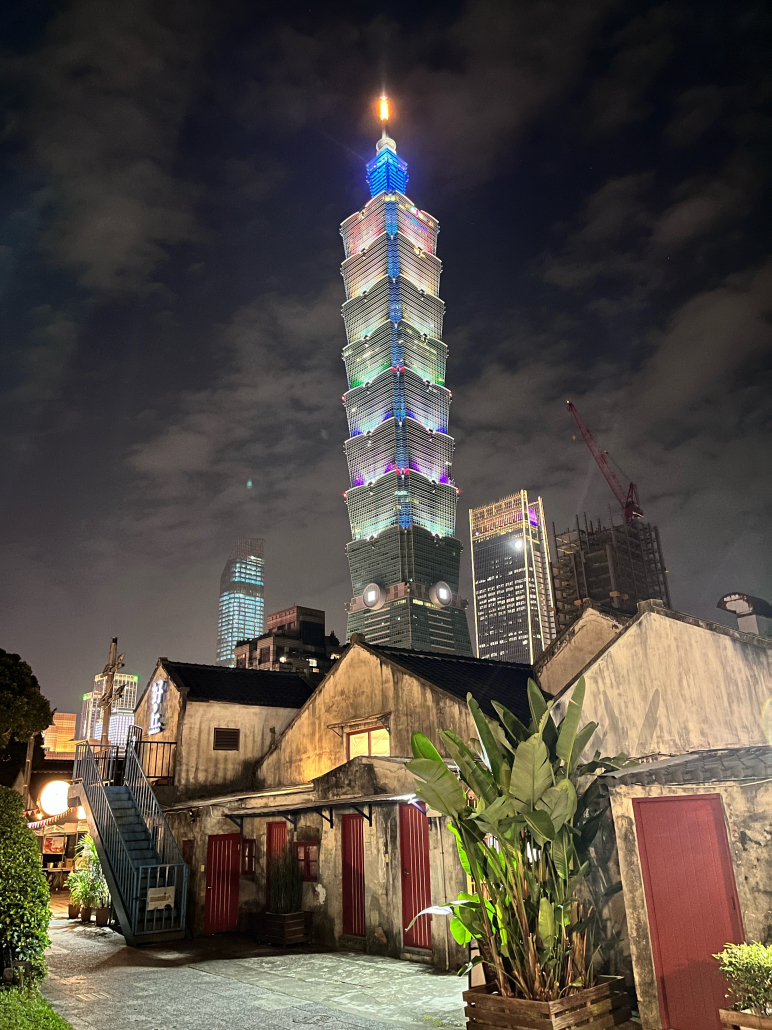Bernstein Node Taiwan
Taiwan stands as a key technological, economic, and cultural hub in Asia. In Neuroscience, the country has made notable contributions, particularly in neuropharmacology—studying neurotoxins derived from snake venoms—and in pioneering tissue clearing and whole-brain connectomics in Drosophila. Over the past decade, Taiwan’s government has strategically promoted cross-disciplinary efforts through the funding structure of the Taiwan Brain Initiative.
Leveraging Taiwan’s strengths in education, information technology, and semiconductor chip design, our communities have fostered innovations in neuroengineering, medical devices, electrophysiological probe design and recording systems, preclinical/clinical neuromodulation, AI-driven signal analysis, and neuroinformatics. Taiwan’s geo-cultural scale offers a unique advantage—it is large enough to cultivate critical mass, yet compact enough to offer one highly collaborative, interdisciplinary research complex.
Computational and Systems Neurosciences is a young, energetic, and emerging field leading the big NeuroAI and integrated brain-science “experiment” in Taiwan. The Taiwanese Society for Computational Neuroscience (TSfCN) serves as the organizational nexus, supporting various activities and coordinating with participating Bernstein Members. Among its flagship events is the Asia-Pacific Computational Cognitive Neuroscience (AP-CCN) Conference, co-organized annually by Taiwan alongside partners in Japan, South Korea, China, Singapore, Australia, and the United States. Strong connections between basic research, teaching hospitals, and clinical practices have been catalyzed by the Taiwan Neuroscience Alliance (TNA), which also organizes the biennial Taiwan Society for Neuroscience (TSfN) Meeting, bringing together 23 neuroscience-related societies.
Members of the Bernstein Node Taiwan are active in organizing programs for early-career researchers, including the Taiwan NeuroAI Summer School. The Neuroscience Program of Academia Sinica (NPAS) will co-host the internationally recognized Bowei Research Conference (BRC) as a keystone meeting in Brain × AI Interfacing as well as other neuroscientific topics. The eclectic founding communities include several other research centers (e.g., NTHU BRC) and PhD programs (e.g., TIGP), against the backdrop of machine learning, neuroscience, and computing institutions and schools at the Tunghai University (TU), National Taiwan University (NTU), National Yang Ming Chiao Tung University (NYCU), and National Cheng Kung University (NCKU).
Founding members
- Ching-Lung Hsu, Ph.D. (Academia Sinica)
- Chung-Chuan Lo, Ph.D. (National Tsing Hua University)
- Chi-Tin Shih, Ph.D. (Tunghai University)
- Li-An Chu, Ph.D. (National Tsing Hua University)
- Yu-Wie Wu, Ph.D. (Academia Sinica)






